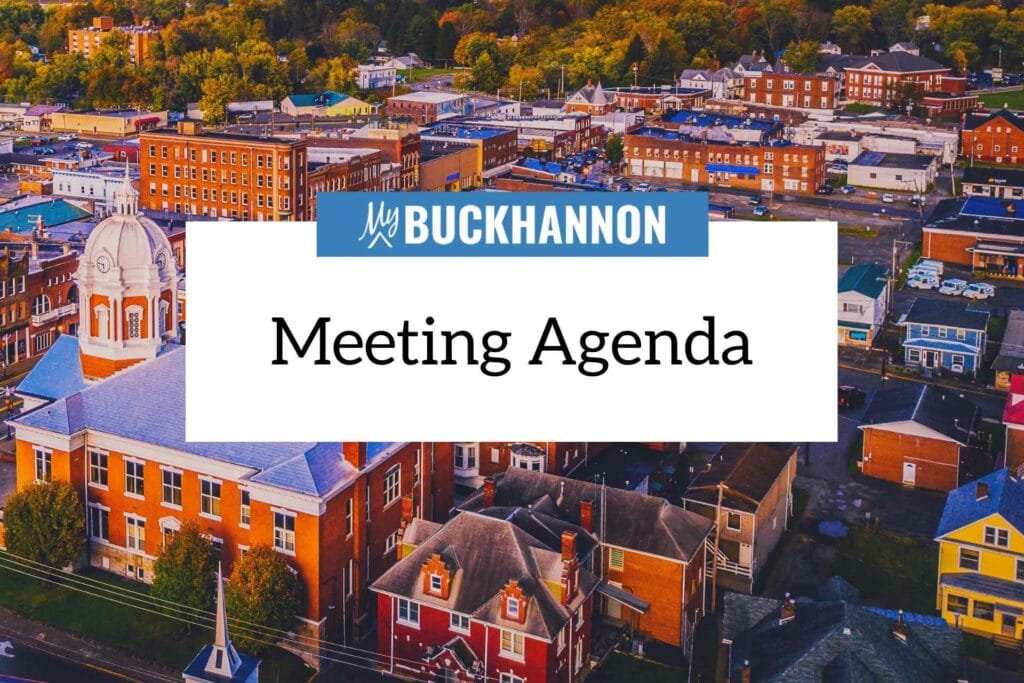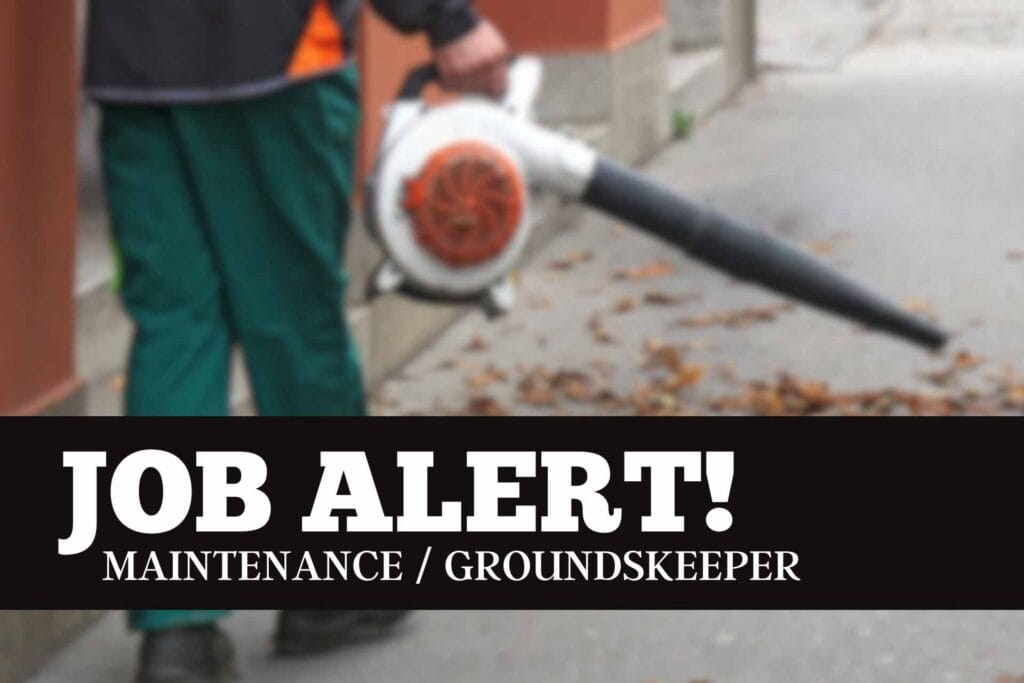BUCKHANNON – City officials are preparing to crack down on negligent property owners whose grass, trash and other housing code violations are piling up.
At Buckhannon City Council’s most recent meeting Thursday, Aug. 6, city code and zoning enforcement officer Vincent Smith said city officials are taking some bolder, more visible steps to address not only high grass and overflowing trash but also neglected and deteriorating vacant properties.
Smith, who works three days a week for the city, said the ordinances governing vacant properties and housing enforcement code violations, Ordinance 367, the city’s housing enforcement ordinance, are often quite “drawn out.” He noted he’s issued just six warning tickets and six citations since the start of 2020.
However, Smith said he’s been working closely with city attorney Tom O’Neill to streamline the procedure.
“To get to [that point of issuing tickets or warnings], it can be a long and drawn-out process,” Smith told council. “I know some of you all get frustrated when you say, ‘hey, there’s high grass or there’s trash in somebody’s yard,’ but we had a procedure we had to follow which takes upwards of two-and-a-half months, and by that time, the trash is terrible, the rats are in the trash, the grass is three feet high.”
However, O’Neill, has found a quicker alternative in the case of a public health emergency, i.e. trash piling up, Smith said.
“Tom has done some research and found an avenue that will allow us, on special occasions, i.e. grass and trash, something that’s an imminent [public health or safety] danger to the community, to speed that process up,” Smith said. “So, we’re working with that and hoping to circumvent that so that when we get these complaints, we can go quickly and resolve them, rather than what it has been in the past.”
“We’ll get it streamlined,” Smith added.
Smith said city officials are also “moving” on more strictly enforcing the ‘Vacant Structures’ section of the city’s housing enforcement ordinance, which establishes a registry listing all vacant structures or buildings in municipal bounds.
The way it works is, owners of the vacant structures are assessed a fee, which may then be used for designated purposes, including the repair, closure or demolition of dilapidated properties that have been determined to be unfit for human habitation.
Per City of Buckhannon Ordinances 367, a vacant structure is defined as a building or other structure that’s been unoccupied for six months or more, or, in the alternative, “unsecured and occupied by one or more unauthorized persons for six months or longer.”
In 2012 and 2015, the city created and fine-tuned the Registry of Vacant Buildings, and owners of vacant structures must register their properties with the city and then pay gradually ascending fees on those properties.
“We revised that ordinance in 2015, but it’s also a long, drawn-out process to get [owners of vacant structures and buildings] notified,” Smith told council. “Often, they want to tell us, ‘yes, it’s vacant, but we come in and use it in the summer,’ or ‘we use it in the winter’ or ‘for storage.’ Well, now, we’re pushing that a little further.”
Smith said he and the Housing Enforcement Board, comprised of the mayor, city engineer and one council member, have identified 57 vacant homes within city limits.
“We’re moving on this,” Smith said. “This is just informational, but we’ve identified 57 vacant homes in the city, and we’ve sent letters out, so I’m just giving you all a heads-up that you are going to get some phone calls saying, ‘Why are we implementing this now?’”
Smith said declaring a property vacant is a detail-oriented, sometimes lengthy process that involves sorting through a variety of records to identify, for example, when water was last used at a property.
Councilman David Thomas asked Smith to clarify what he meant by “moving on” the issue; Smith replied that bills for fees assessed to the owners of vacant structures would be sent out in approximately two to three weeks.
“We’ve sent out the initial letters (notifying the owner that the property has been deemed vacant), but this will be the billing [of fees], the invoice,” Smith explained. “We don’t want to send one out in error. We check and recheck; we want to make sure every one that we send out is accurate.”
Thomas pointed out the number of vacant structures in city limits – 57 currently – is down from 149 several years ago, and Smith verified that 149 was accurate.
“Good memory,” he told Thomas. “We’ve whittled it down. The ordinance did what it was supposed to do. People said, ‘hey, they’re going to start charging me if I don’t do something with this property, so I’m going to rent it or sell it.’”
Smith said the fee attached to being listed on the city’s vacant properties registry increases from $200 to $1,600 after five years and is therefore a successful tool to deter people from allowing their properties to remain vacant and/or unattended.
“It can get pretty substantial,” Smith said.
Thomas thanked Smith and the Housing Board for addressing the lingering property issues.
“One of frustrations that a lot of people have had is that we have not had any teeth in some of our letters and citations – we were talking about the same properties, in some cases, for over 10 years,” Thomas said. “What people are concerned about is, they see the deterioration in the property values with [other] people not taking care of the properties that they need to.”
“The main thing I’m concerned about is that we all deal with a level playing field,” Thomas continued. “We don’t give somebody an extra deal because of who that person is or who that organization is, and as Mr. Gibbs said, this is a great community in many, many ways, and when things are not taken care of, it becomes a real eyesore.”
Earlier in the meeting, Philippi resident Lynn Gibbs addressed council about the tarps hanging in the entryways of a brick church located on South Florida Street across from the city’s Public Safety Complex. Gibbs said the property, which was at one point, going to be renovated and opened as a restaurant, was a liability and safety hazard for children who might try to explore the structure.
Mayor Robbie Skinner said residents’ frustrations with their neighbors’ unkempt or abandoned properties are understandable.
“It’s just not right that one piece of property can pull down an entire neighborhood; it’s just not,” Skinner said. “We want to keep our neighborhoods and properties safe and in good order, and I’m proud as punch that we’re [enforcing] this.”
Read the city’s housing enforcement ordinance here.














